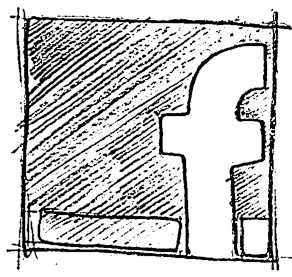by Joshua Abelow
Who the hell is Joshua Abelow?
I ask myself this question
every day at noon when I wake
up and see my reflection
in the mirror. Of course, this
question is followed by a much
more interesting question;
Why is he so handsome?
OK! OK! Enough stupid jokes.
Let's get to something
serious and intellectual
and proper and sophisticated.
We are smart people after
all. Otherwise, we wouldn't
be reading poems or looking
at paintings. And we
certainly wouldn't be
trying to make them
either.









